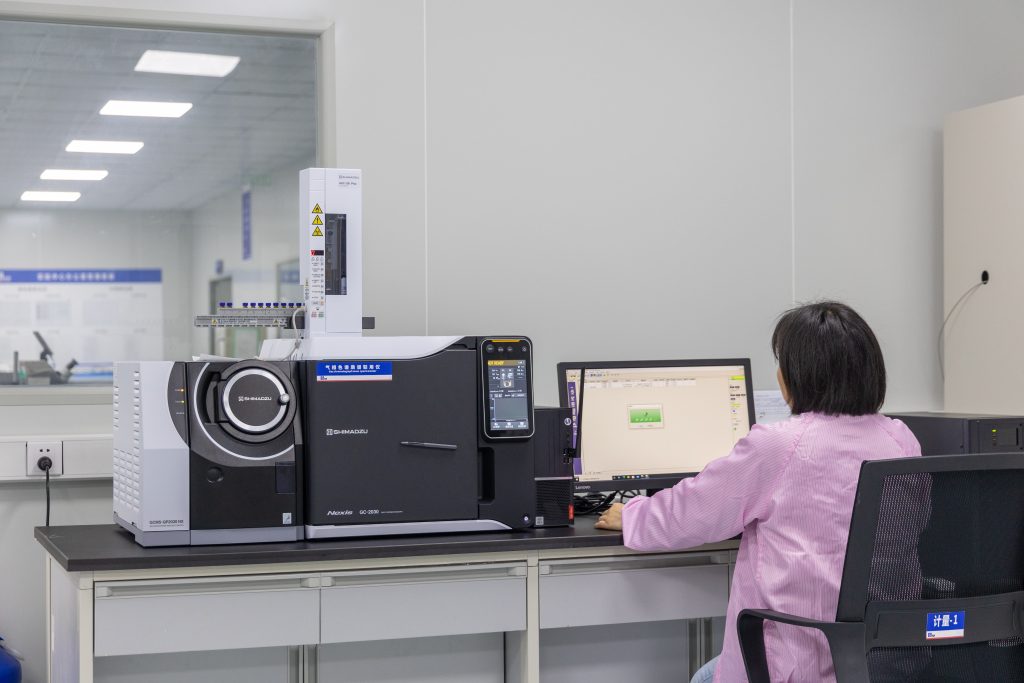Relay field testing plays a critical role in ensuring the reliable performance of protection and control systems in electrical networks. Relays are devices used in electrical systems to detect faults and initiate protective measures, such as circuit breaker tripping, to prevent equipment damage and ensure the safety of the system. As electrical grids become more complex and interconnected, the need for accurate, efficient, and reliable relay testing is paramount. This article explores the importance, methods, and best practices of relay field testing to maintain the integrity of power systems.

The Role of Relays in Electrical Protection Systems Relays act as the brain of electrical protection systems. When a fault, such as an overload or short circuit, occurs within an electrical network, the relay detects the anomaly and signals the circuit breaker to interrupt the power flow, thus preventing further damage. This ability to react swiftly and accurately is crucial, especially in high-voltage and high-current environments. Relays come in various types, including electromagnetic, solid-state, and digital relays, each with different features suited to specific applications. The reliability of these relays is essential because failures could result in extensive damage to electrical equipment or even pose safety risks.
Leave a Reply